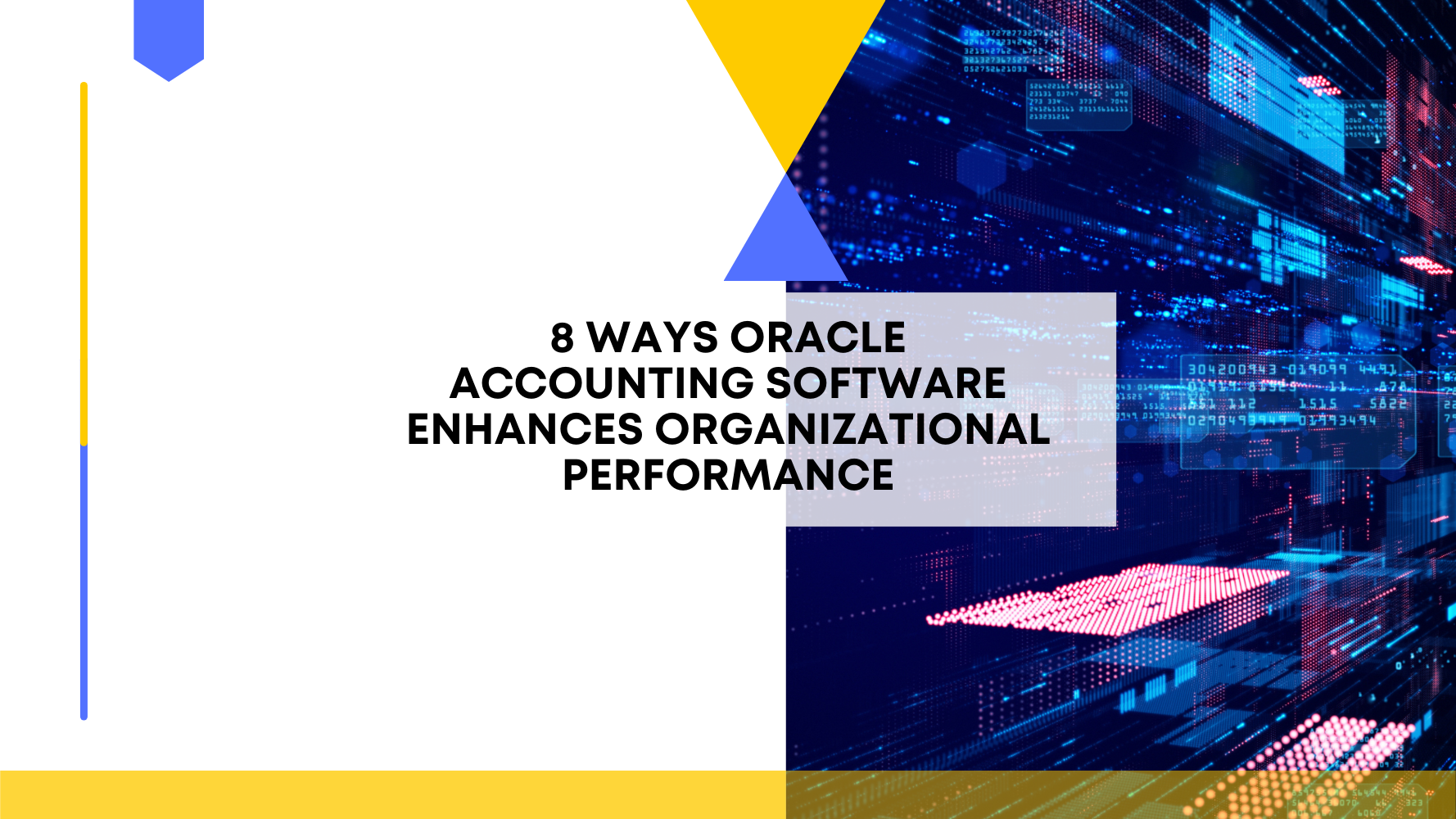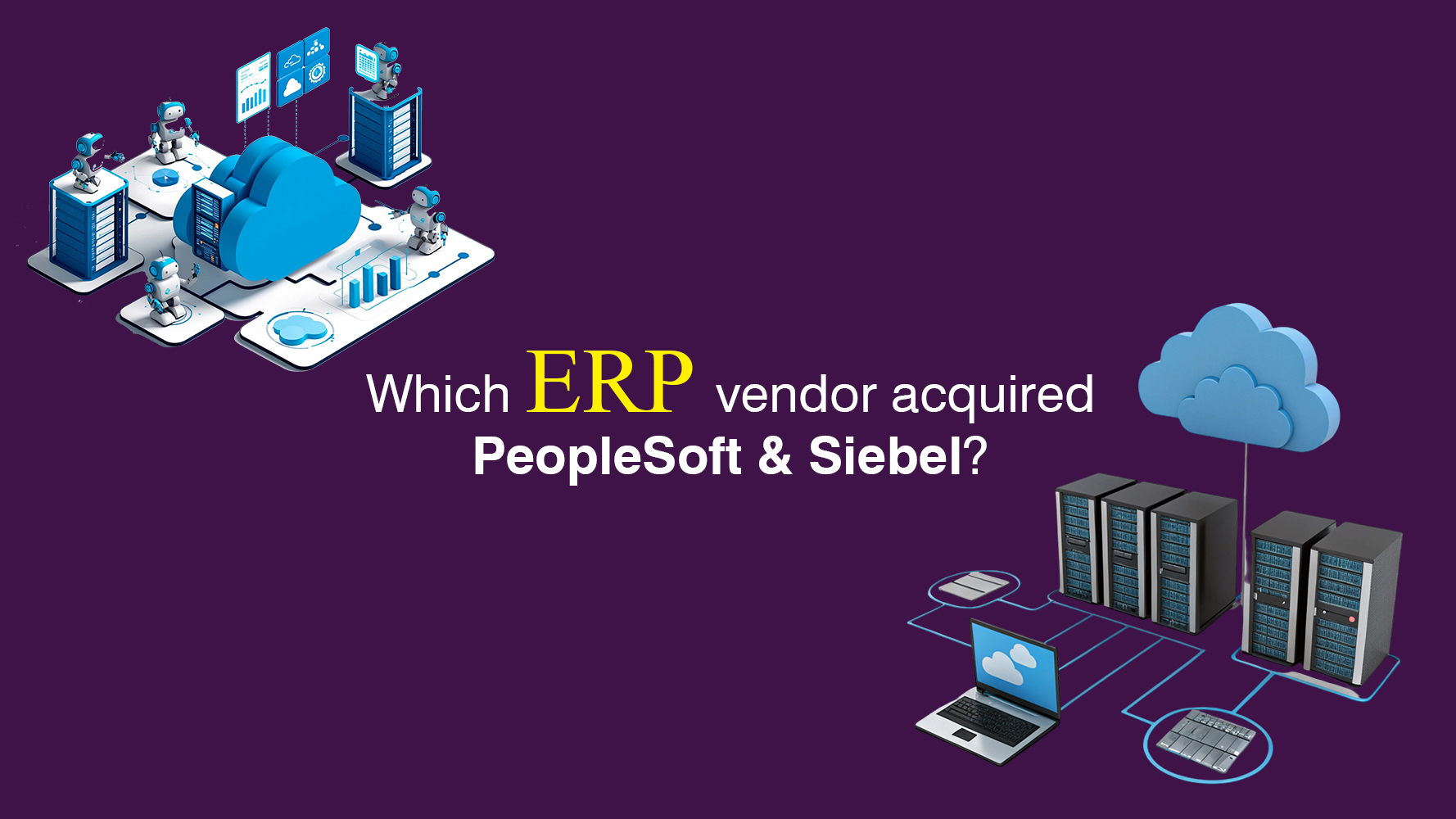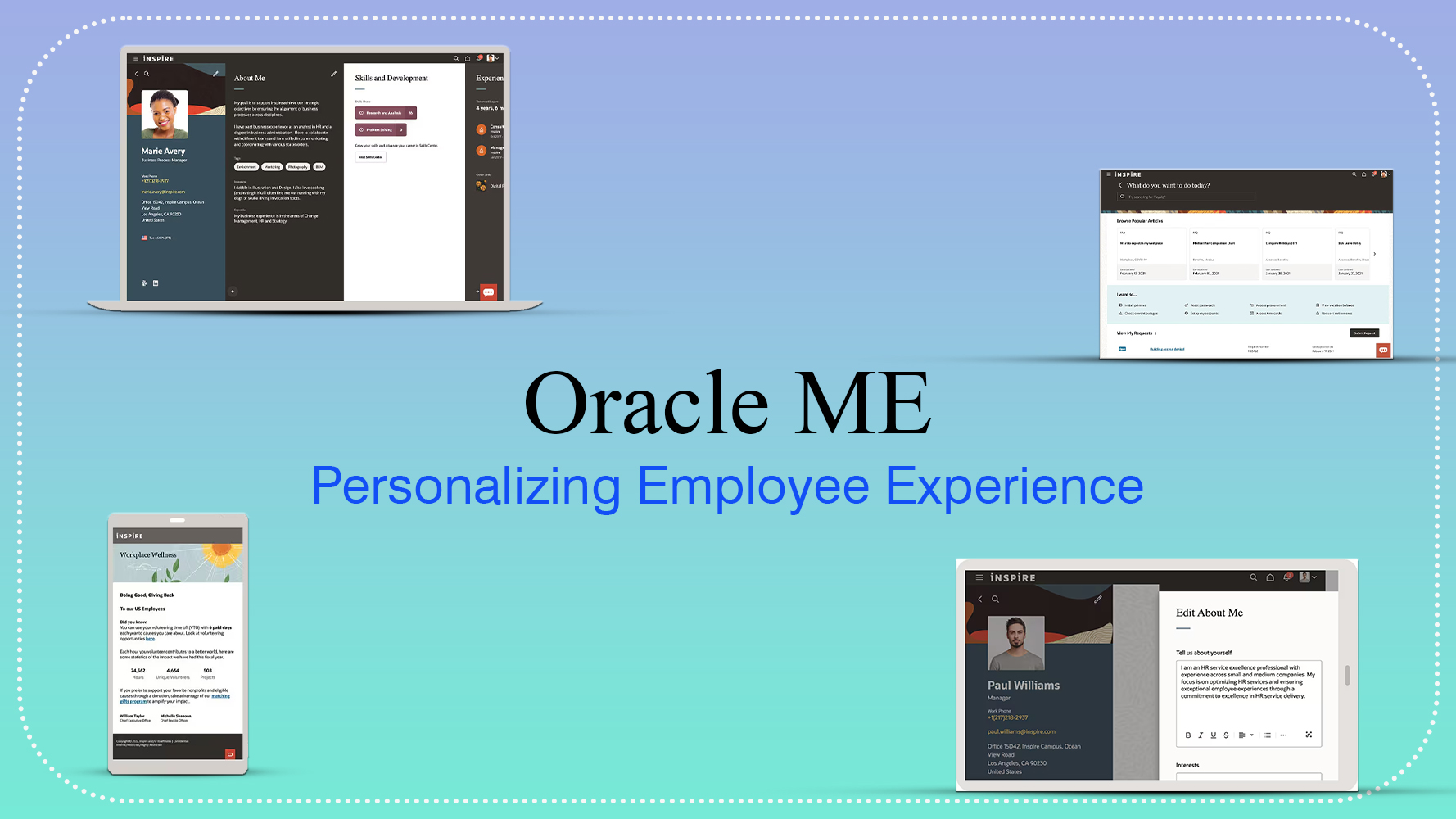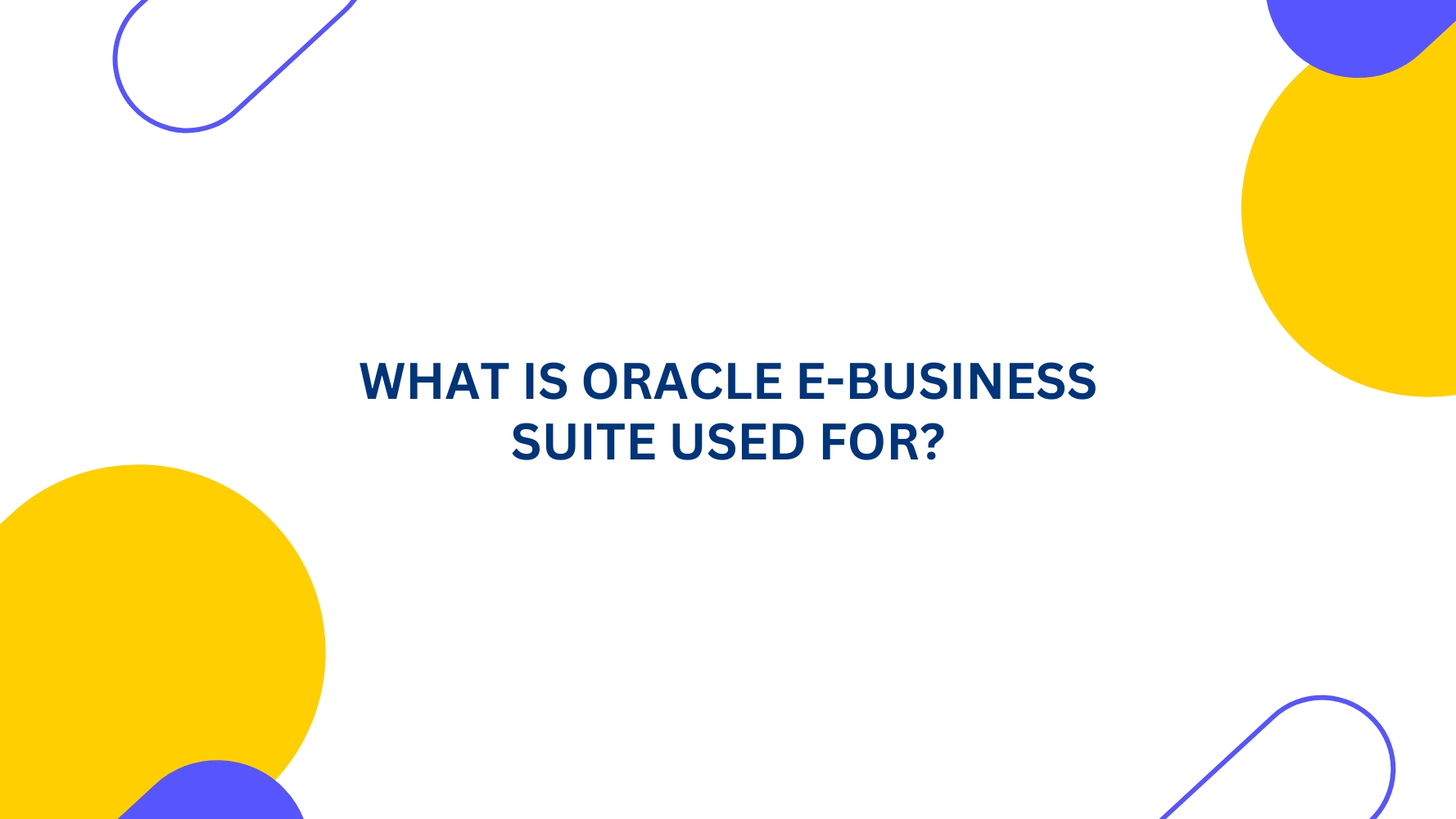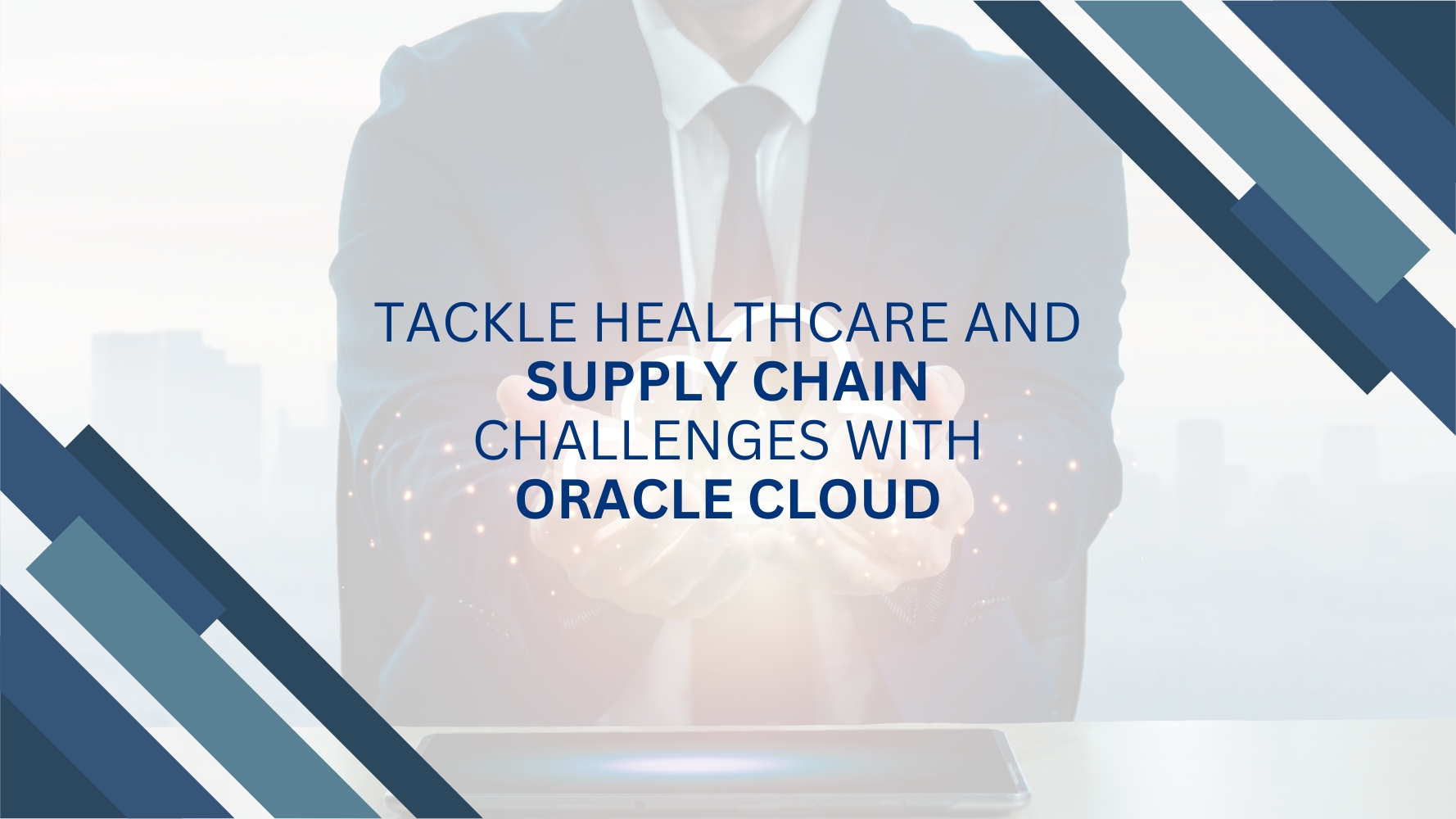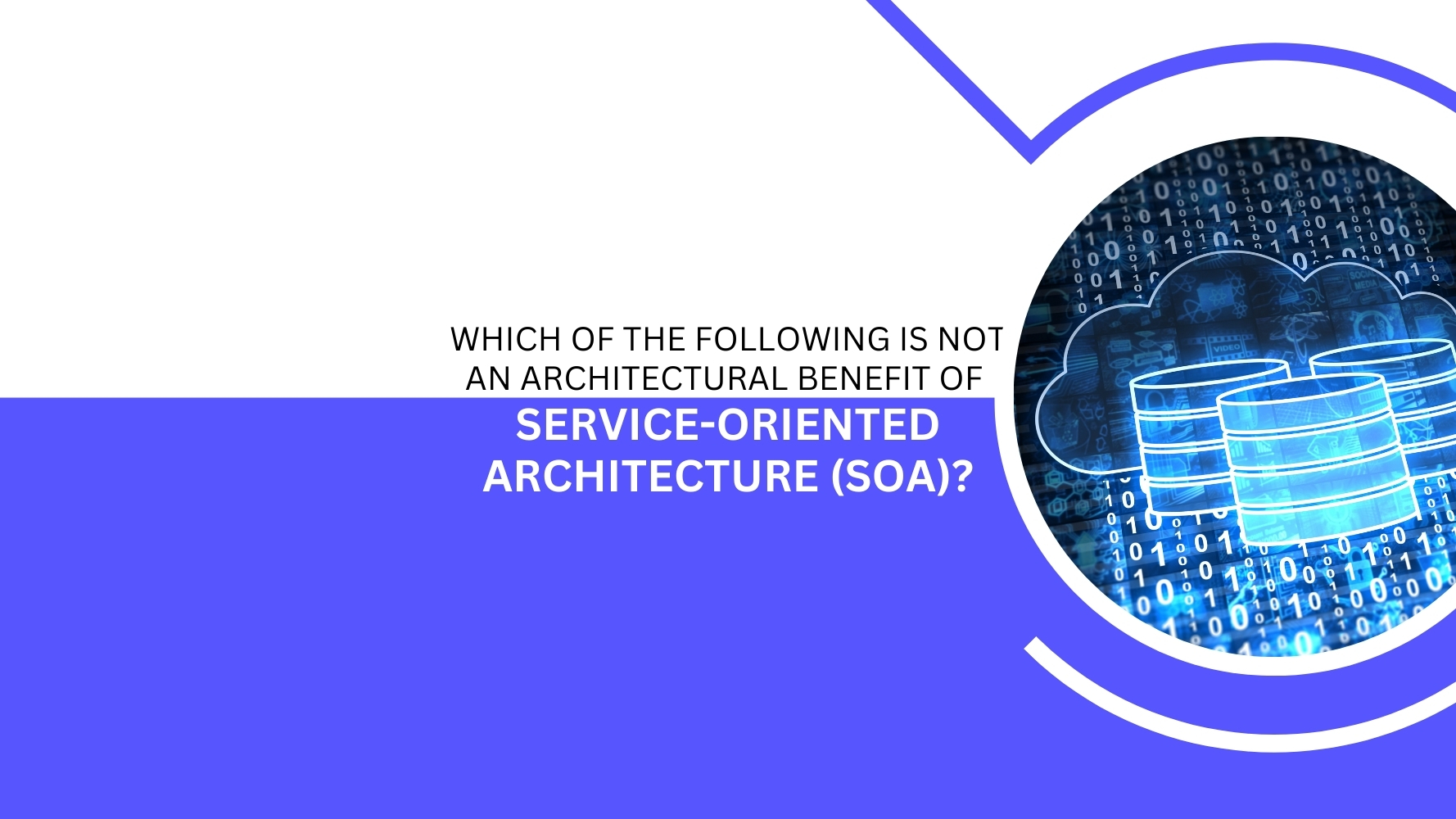The financial department in organizations is one of the most heated departments, with constant workflow and tight deadlines. The tedious day-to-day tasks take most of the day, leaving less time for more critical tasks. Therefore, Oracle developed accounting software to keep the financial department at the forefront of the business.
What is Oracle Accounting Software?
It is software for an organization’s daily financial transactions. A comprehensive accounting system records the data related to assets, liabilities, income, and costs. It continues recording transactions filling the general ledger to enable top financial managers to access the real-time data. Moreover, it allows visibility into operational performance. This component of the Oracle ERP system also helps with the generation of yearly financial statements like cash flow statements, income statements, balance sheets, etc.
Benefits of Oracle Accounting Software
Oracle accounting software tremendously benefits an organization’s financial management and growth. Let’s see how!
- Cash Management: Managing cash is an important task that needs to be performed with care. An organization’s investments, borrowings, and all external transactions depend upon the accuracy and timely delivery of the data. Accounting software automates the reconciliation process of cash transactions to bank statements. Its automated cash forecasting is based on push data, receivables, payables, etc., investments and other cash-related decisions.
2. Asset Management: Appreciation and depreciation are essential aspects of financial statements. Oracle’s accounting software helps manage the economic cycle of a company’s assets, from procurement, capitalization, and depreciation until they are disposed of. Managing assets effectively gives clear visibility and helps deliver accurate statements.
3. Excellent Security: The built-in security and risk management system are vital to counteract unauthorized user access or fraud. Oracle accounting software manages duties and disperses data as an authoritative person requires. In addition, the single source data eliminates the risk of redundancy and inaccurate information, mitigating the security risks.
4. Compliance with Current and Future Accounting Standards: Accounting software must comply with national and international accounting rules and regulations to provide the best performance. Having a software solution with national and international rules compliance simplifies geographic expansion. Also, an organization’s accounting system must be flexible and equipped to adapt to new implementations and changes as and when required and work in sync with the company’s policies.
5. Customer-Related Transactions: Collecting payments and providing an agile customer experience is an essential aspect of accounting software. It makes collecting payments simple and maintains a proper record of all the transactions. It also helps better strategize by ranking customers and initiating payment collection at the right time.
6. Mobile-Friendly: Oracle accounting software is accessible on mobile and enables managers to get real-time data in a go. That saves time and eliminates the delay in decisions, helping organizations stay ahead of the game. It allows managers to keep track of pending tasks and follow up as per requirement. Moreover, it makes collaborating easy via hand devices, making it a perfect accounting solution.
7. A Comprehensive System: Oracle accounting software is a complete financial system that manages cash transactions and revenue, calculates real asset appreciation and depreciation, complies with national and international rules, and has excellent security. Its automated and robust capabilities help provide a better customer experience.
8. Reporting and Analytics: Reporting and analytics are vital components of any software. It helps managers make sense of the data and analyze the impact of the strategy on the business. The built-in reporting capabilities in Oracle’s accounting software help generate reports fast and give a real-time picture of the organization’s financial status. Some critical KPIs (Key Performance Indicators) it measures are quick ratio, current ratio, net working capital, debt-to-equity ratio, and inventory turnover. Moreover, with accounting software, managers won’t need to hunt down their subordinates for last-minute reports before meetings.
Solution for the Future
Organizations must upgrade their working style to match the fast-changing requirements as the world is becoming digital. The best way to stay ahead of the game is by upgrading to Cloud to carry out operational requirements. However, performing all the tasks manually or depending on outdated software infrastructures can slow a company’s growth.
Therefore, Oracle upgraded its accounting cloud software to bring agility, provide stability to the finance department, and fulfill the demands of the digital era by transforming their work.
Implementing accounting software gives an edge over competitors and helps organizations develop a strong and data-backed presence in the market.
Final Words
Oracle accounting software is a comprehensive system that automates the overall financial tasks, saves time, eliminates errors, increases the workforce’s efficiency, allows smooth collaboration among teams, and provides real-time insight into the data that brings growth to the organization. Accounting software’s revenue management features automate processes and leverage analytics to increase revenue and profitability. Moreover, its prebuilt dashboard capabilities enable managers to get an insight into the analytics and generate automated financial reports. Its adaptability, scalability, accessibility via hand devices and robust security make it an ideal choice for the organization considering the fast-changing market requirement and future business needs.
As an Oracle Preferred Partner, we have helped many enterprise-level organizations implement software solutions such as Oracle Cloud ERP, Oracle Cloud EPM, Oracle HCM Cloud, and many more!
Connect with us for more details about the software and its implementation process.
